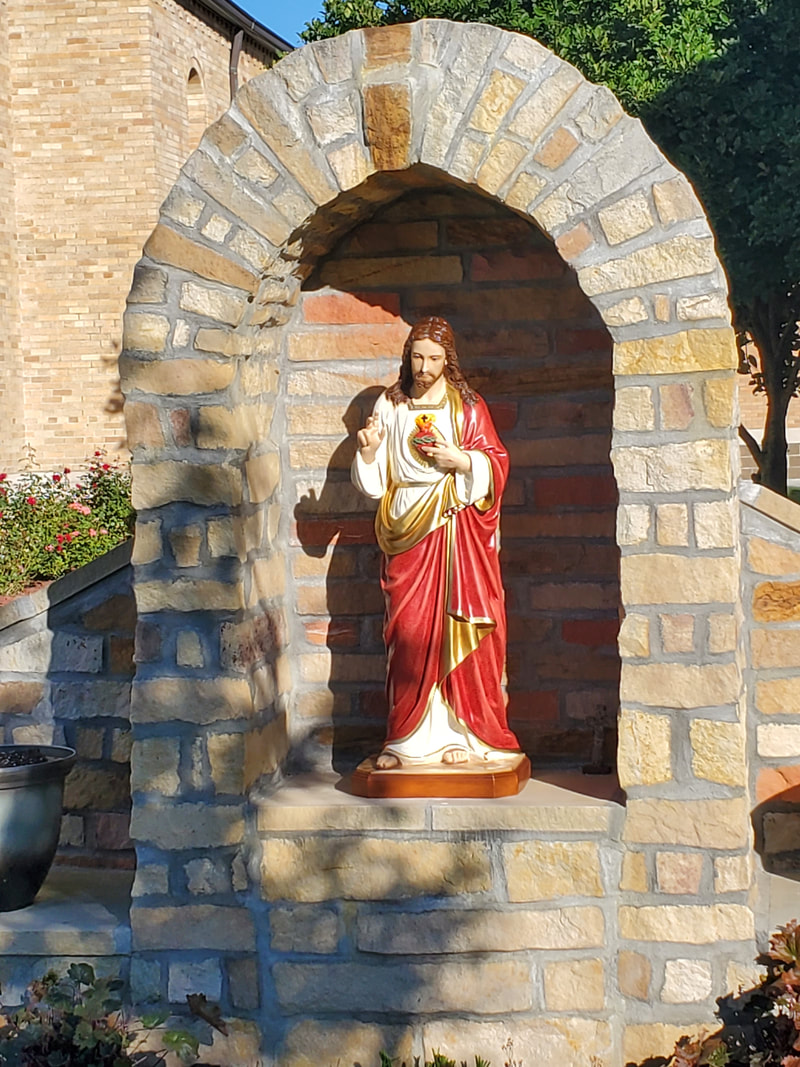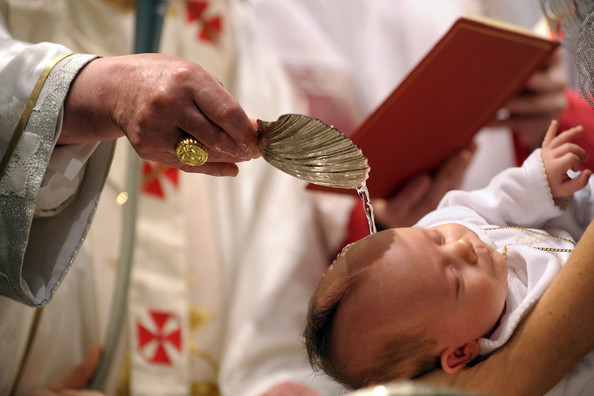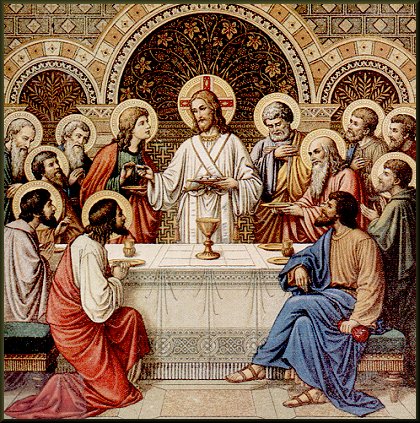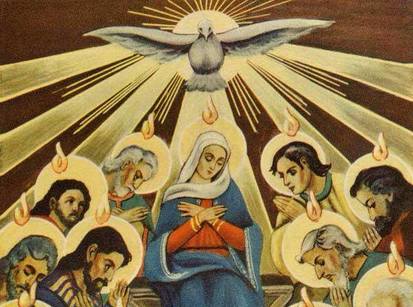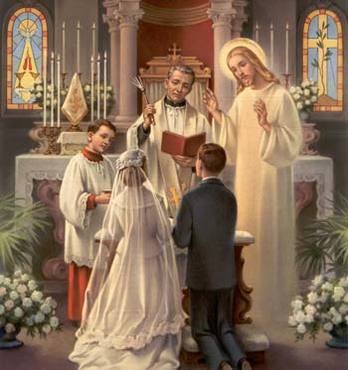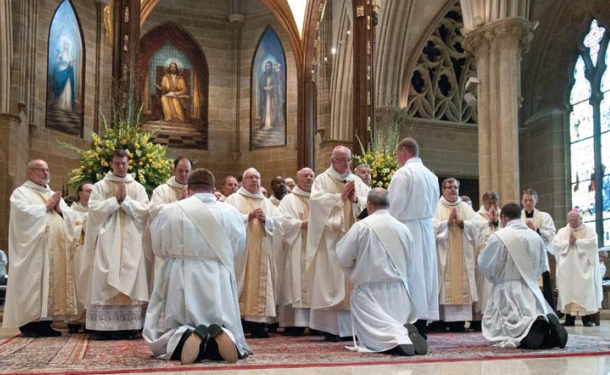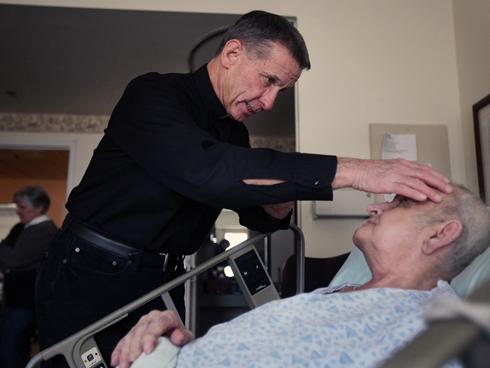|
Sacraments
Baptism: The First Sacrament of InitiationBaptism is the first sacrament of the Church. Through the waters of Baptism, we are washed clean of sin and become members of the Body of Christ, the Church. Through Baptism, we become a part of the “priesthood of believers” and share to a limited degree in the ministerial work of Christ. To register for preparation classes and schedule a baptism, call or email the Parish Office.
|
|
Confirmation: The Last Sacrament of InitiationThe Sacrament of Confirmation is integrally tied to the Sacrament of Baptism. Adults who are baptized receive the Sacrament of Confirmation at the same time. In the case of infants and young children, the Sacrament of Confirmation is given at a later time (sometime after they have attained the “age of reason”) and can freely choose to receive it. This sacrament completes Baptism because it calls one to a fuller living of the Christian life and in the power of the Holy Spirit, equips them for service. Young parishioners (typically eighth grade) who are baptized and interested in further exploring the gifts of the Holy Spirit are encouraged to receive the Sacrament of Confirmation.
|
MatrimonyThe Sacrament of Matrimony is a call by God to a couple to enter into a marriage characterized by Christian love which in turn mirrors Christ’s love for the Church, his bride. In a society of fragile marriages, the Church calls couples to consider seriously this call from God and to assume the vocation of marriage for life. Because this is perhaps the most important decision of a couple’s life, the Church offers couples pre-marital counseling and preparation to help them receive and follow God’s plan for their lives. Please contact the director of faith formation at least 4 months in advance.
|
Holy OrdersThe Sacrament of Holy Orders is received in three steps, each one sacramental. Each step configures the person to Christ in a special way and puts the person in a special relationship with the Church. The first step is ordination to the diaconate. A deacon serves the diocese in ways designated by the bishop and may be either a single or a married man. The second step is the Presbyterate. A priest who is ordained for a diocese serves the diocese for which he is ordained. A priest ordained for a religious order, such as a Dominican, Franciscan or Jesuit, serves a larger area according to the particular needs of his religious order. The third step is ordination to the Episcopacy. A bishop is appointed as a successor to the apostles and serves the church as spiritual leader and father of a particular diocese.
If you are considering the priesthood or consecrated life then please contact one of our priests. Also, check out the Diocese of Columbus' vocation page Seekholiness.com. |
Anointing of the SickThe Church is a healing community in the spirit of Christ, who is our head. This sacrament, administered by the priest, was considered a sacrament of the dying, and referred to as “Extreme Unction” or “Last Rites.” However, it is now considered as a sacrament of the living, and is administered not only at the time of near death, but also to the seriously ill (physically or mentally), those facing serious surgery, those in chronic pain, and the elderly. Anyone may request to receive the sacrament for the above reasons by calling the Parish Office.
|
